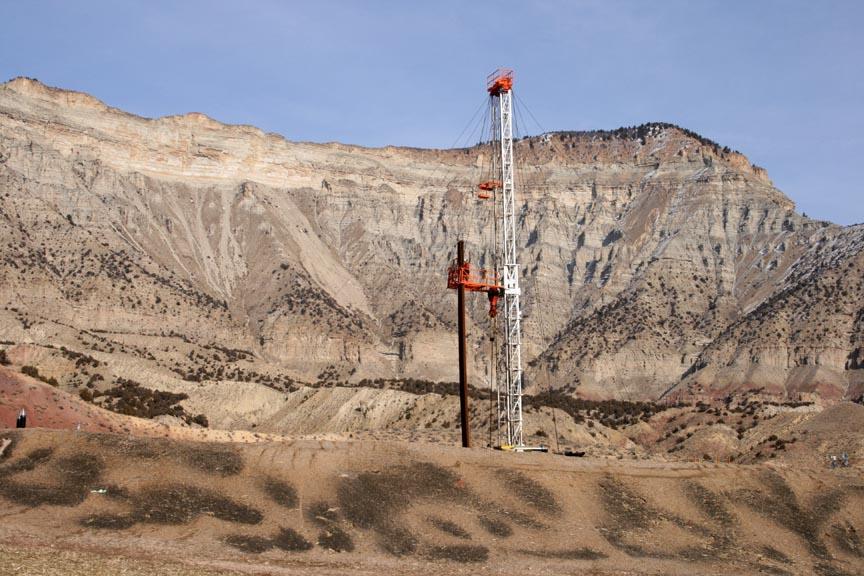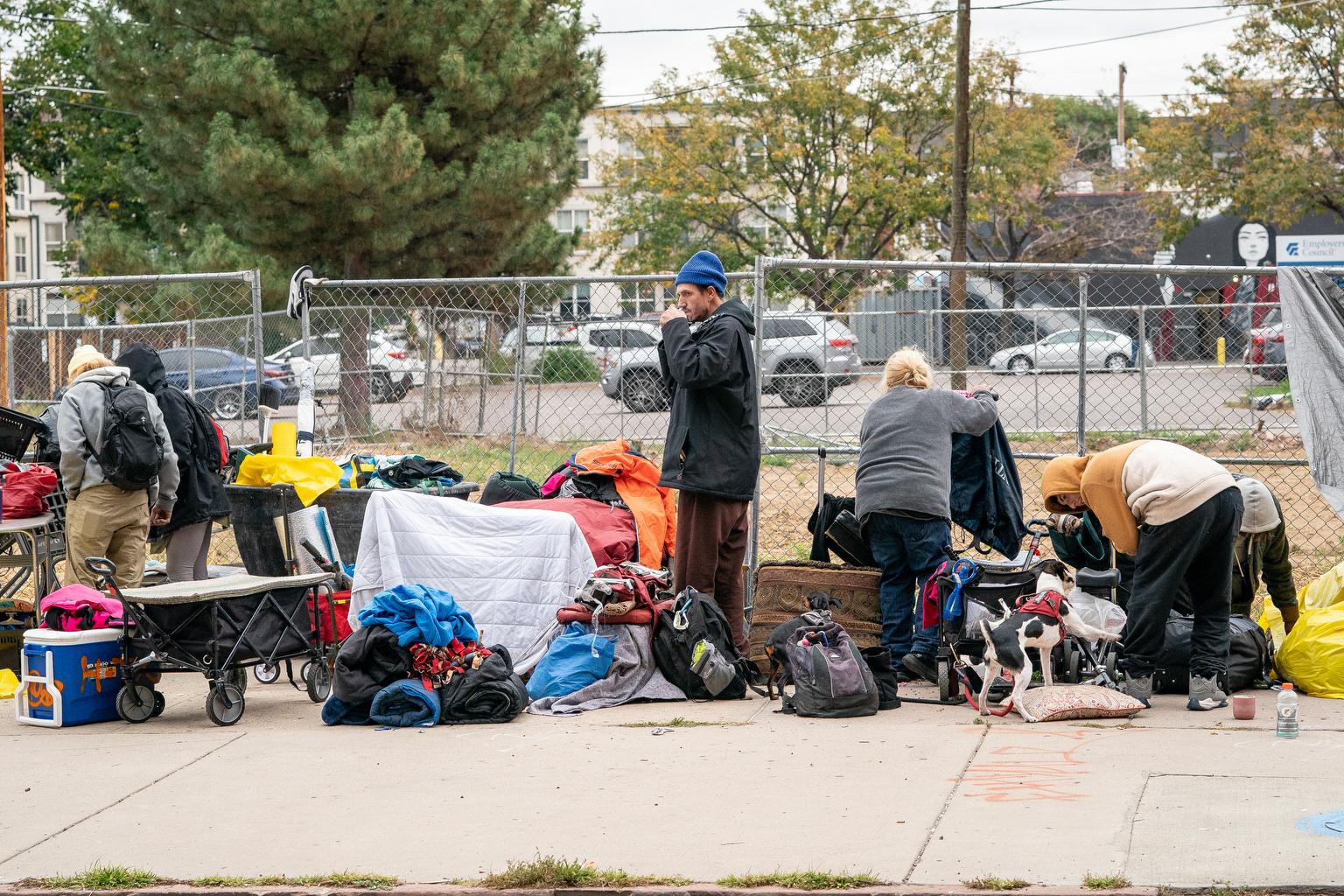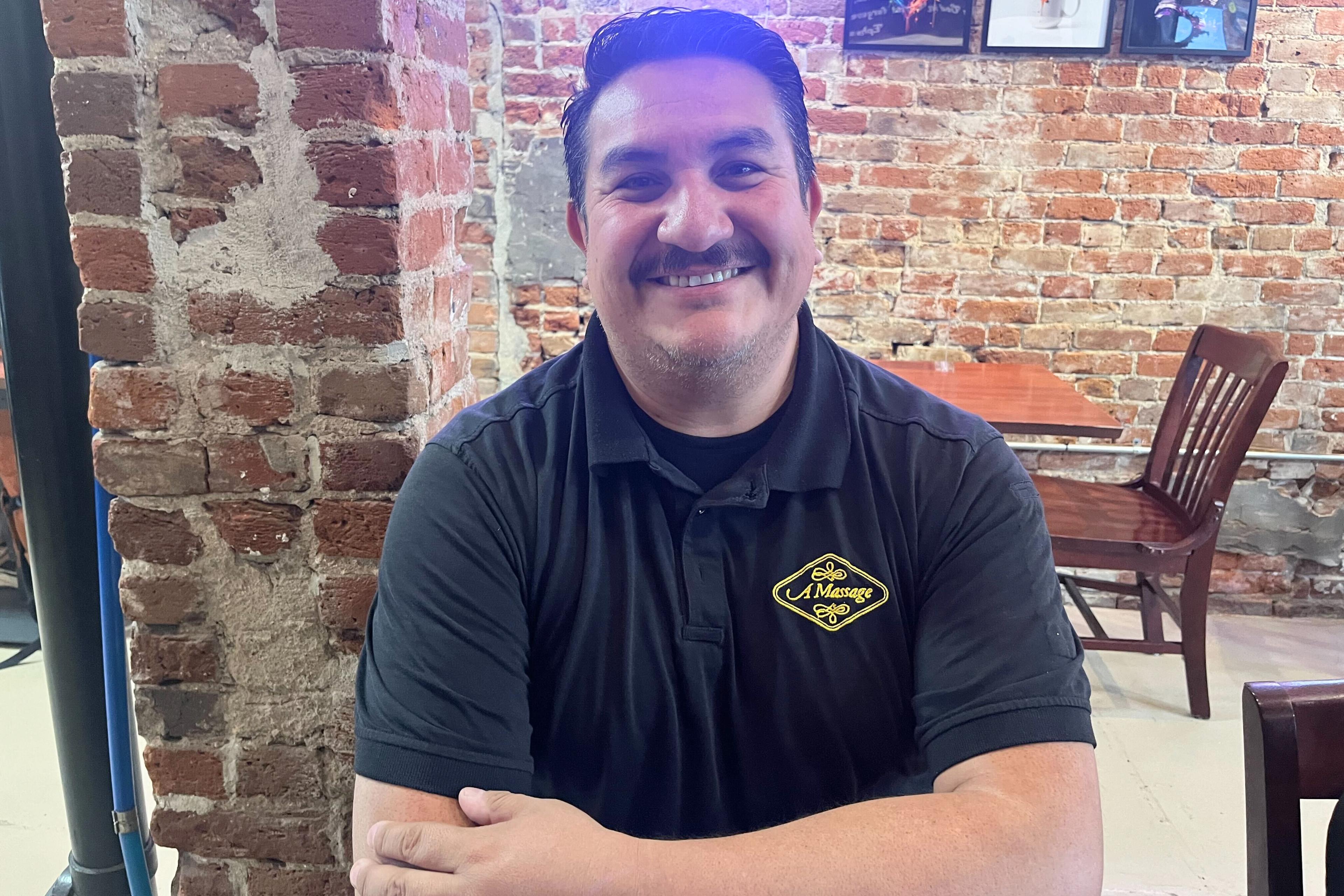

They have more campaign money than any political group in Colorado right now. Protect Colorado, created by the state’s largest oil and gas companies, has raised $8.4 million in contributions to fight for, they say, the very future of drilling in the state.
The political issue group raised the staggering sum quickly, drawing on three of the state’s largest drillers: Anadarko Petroleum, Extraction Oil & Gas, and Noble Energy. Each gave about $2 million, according to disclosures to the Colorado Secretary of State’s office through May 16, 2018.
The industry is mobilizing to fight a potential ballot measure that, if passed, would increase the buffer between oil and gas wells and homes, schools and parks to 2,500 feet.

The current setback in Colorado is 500 feet from occupied buildings.
Given the proximity of homes to oil reserves in Colorado, the industry sees it as a de-facto ban, something “aimed at eliminating oil and gas development,” says Protect Colorado spokeswoman Karen Crummy. “There’s a real concern that that’s exactly what it will do.”
Protect Colorado Supports A Controversial Compensation Measure
Protect Colorado has, so far, spent most of its money to promote its own potential ballot measure. The group spent $1.2 million on signature gathering for a state constitutional measure that would compensate companies and individuals if new regulations devalue property.
“You have to get signatures from every county, and that definitely increases the price, but we think it’s an important enough issue to spend the money on it,” Crummy says.
The group can attribute those increased out of pocket expenses to their successful support of Amendment 71, which substantially increased the cost of constitutional measures by requiring wide geographic diversity in signature gathering.
Still, most oil and gas political money is sitting in the bank. Protect Colorado has $6.6 million on hand, and much of that will be probably focused on buying advertising for the measure it supports and against the one it doesn’t.
“They will have sufficient money to be on TV probably from mid-July until the end of the campaign,” said Rick Ridder, a longtime political consultant in Denver. He says that doesn’t even count nonprofit groups that don’t have to report contributions and expenditures that will likely be actively advocating in favor of drilling generally.
Ridder said he’s informally advising a group — one he wouldn’t name yet — that plans to oppose the oil and gas-supported constitutional measure if it makes the ballot.
Officials Are Worried About Costly Litigations
Governments are certainly nervous. The measure would require compensation to any company or individual if any government regulation, state or local, diminishes the value of their property. It wouldn't just apply to oil and gas.
Sam Mamet, the executive director of the Colorado Municipal League, says it’s “a very dangerous proposal.”
“To the folks behind this, I frankly say, ‘shame on them,’ because they’re pulling the wool over the eyes of a lot of people who should be aware of some of the serious negative consequences of this thing.”
If passed, it would touch off an costly cycle of litigation reminiscent of the legal chaos in the wake of the Taxpayer’s Bill of Rights, Mamet says. As a constitutional measure it can’t be changed by the legislature, and, since it’s written vaguely, it would prompt legal action to define what exactly it means.
Crummy disputed that the measure, which is also supported by the Colorado Farm Bureau, was vague or would cause chaos, noting that it passed the title board, and “it seems to be a responsible measure that more people in Colorado would support because no one would want their property seized.”
Oppositional Groups Don't Have The Same Kind Of Cash
The oil and gas industry’s massive war chest makes oppositional fundraising look miniscule. The political committee Colorado Rising for Health and Safety backs the ballot measure that would push oil and gas drilling far from occupied buildings. It has raised only $174,299.90.
Tricia Olson runs the group, and has contributed $35,075 of her own money. “We never thought that we would be competing directly against their money,” Olson says. Food and Water Watch, an organization long opposed to drilling and hydraulic fracturing, is their largest donor, with $40,000 in contributions so far.
“What we have is the messaging really,” Olson says. “And the notion that you need to keep setbacks from oil and gas so that there aren’t explosions, fires, water contamination, or damage to people’s health.”
Oil and gas groups have disputed studies that claim there are significant health or environmental risks.
Olson says that her signature gathers are being harassed by paid people, which she assumes are backed by the oil and gas industry. She contends they try to stop people from approaching signature gathers. Olson did admit she wasn't exactly sure who was behind that.
Protect Colorado’s Karen Crummy says it’s not them.
“No, I mean that’s the first I’ve heard of that, and obviously that isn’t something we would support in anyway.”
One thing is clear, the state’s long simmering fight over oil and gas and fracking might finally come to a boil by November.









